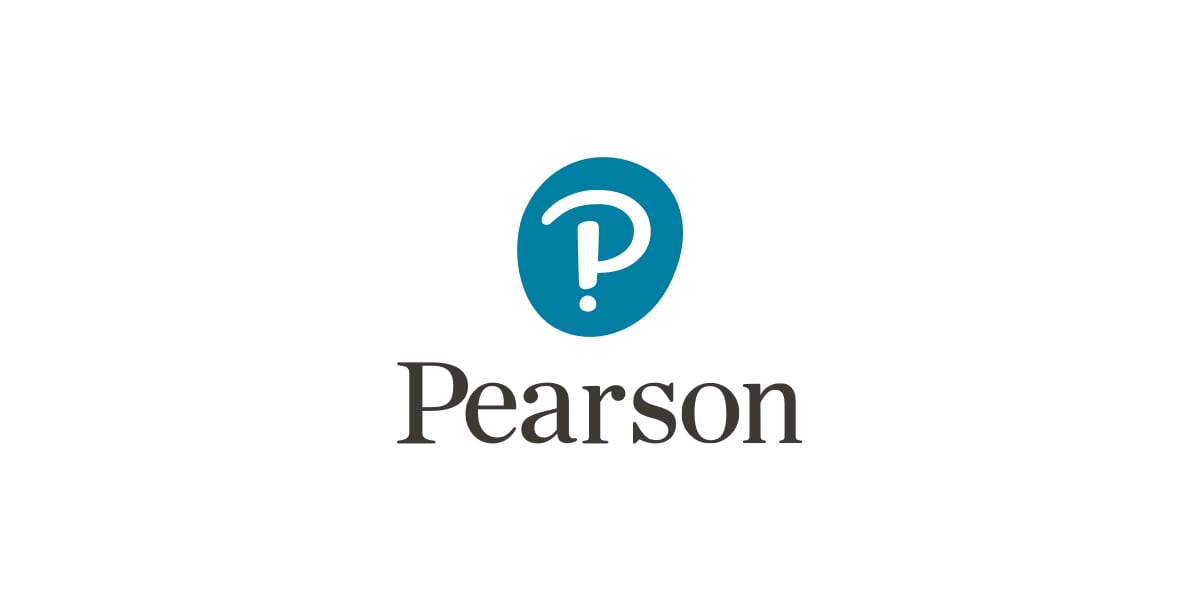Identifies the presence and severity of social impairment within the autism spectrum and differentiates it from that which occurs in other disordersPearson Clinical distributes but does not publish this product.
Social Responsiveness Scale, 2nd Edition
SRS-2
Identifies the presence and severity of social impairment within the autism spectrum and differentiates it from that which occurs in other disordersPearson Clinical distributes but does not publish this product.Choose from our formats
Kits
Starter & complete kits, print & digital
3 options
Test forms & reports
Booklets, record forms, answer sheets, report usages & subscriptions
8 options
Support materials
Manuals, stimulus books, replacement items & other materials
1 option
All products
All tests and materials offered for SRS-2
12 options